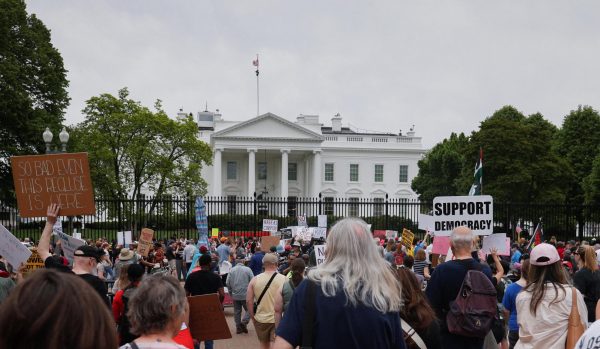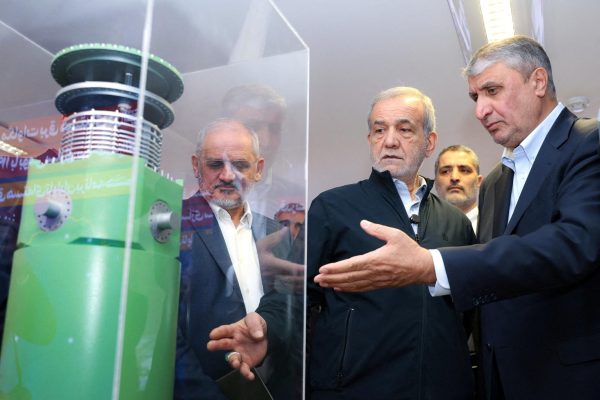A Look Back on Jimmy Carter’s Life and Career
Former U.S. president in hospice care
Jimmy Carter (James Earl Carter, Jr.) served as the 39th President of the United States under the Democratic Party from 1977 to 1981. Prior to his Presidency, he served time in the Navy as a submariner in both the Atlantic and Pacific fleets, eventually working his way up to lieutenant. Carter received his Bachelor of Science degree from the United States Naval Academy in 1946. He resigned his naval commission shortly after the death of his father in 1953, and returned to Plains, Georgia, where he was born and raised.
According to the Jimmy Carter Library, Carter became a leader in his community after taking over Carter farms and his father’s supply company, Carter’s Warehouse. It was no shock to the community that he ran for and won the Georgia Senate race in 1962, as he had served on several county boards prior. He eventually served as Georgia’s 76th Governor in 1971. A year later, Carter was featured on the cover of Time magazine as one of “a new breed of young political leaders in the South,” and was recognized for his moderate racial views and progressive economic and social policies.
Carter announced his candidacy for president in 1974, just before his gubernatorial term was up. The Office Historian Archives reports that he traveled around the country for the next two years spreading his belief in honesty and calling for “the elimination of secrecy in government.” This was during a time when Americans had a distrust towards the executive branch due to the events of Watergate in 1972.
Carter won the Democratic nomination in 1976 and chose Walter F. Mondale as his running mate. He continued to market himself as an “outsider in Washington,” and won both the popular and electoral votes against incumbent Gerald R. Ford. According to the Academy of Achievement, Carter walked down Pennsylvania Avenue with First Lady Rosalynn Carter at his inauguration, instead of riding in a limousine, as his predecessors had done.
Carter struggled to respond to many challenges, including high inflation and unemployment, as well as a major energy crisis, according to The New York Times. He introduced many ambitious programs for social and economic reform, but had a difficult relationship with Congress and was unable to convert a lot of his plans into legislation. This caused a decrease in his approval ratings among the public, despite his initial popularity.
The Academy of Achievement reports that Carter’s most notable achievements were in the field of foreign affairs. He established full diplomatic relations with the People’s Republic of China and returned control of the Panama Canal to the Panamanians. Another one of Carter’s most notable achievements was the Camp David Accords, the peace settlement that ended a decades-long state war between Israel and Egypt.
Carter was defeated by Ronald Reagan in the 1980 presidential election, and went on to have an extremely active post-Presidential career. He founded the Carter Center at Emory University in 1982 to resolve conflicts, promote democracy, protect human rights, and prevent disease around the world. Carter also served on the board of Habitat for Humanities and was awarded the Nobel Peace Prize in 2002 for his efforts to diffuse international crises. Carter has also published more than two dozen books since leaving the White House, as well as teaching Sunday school in Plains, Georgia.
Jimmy Carter has survived metastatic brain cancer and is the longest living U.S President at 98 years old. On Feb. 18, The Carter Center released a statement on their website that said, “After a series of short hospital stays, former US President Jimmy Carter today decided to spend his remaining time at home with his family and receive hospice care instead of additional medical intervention.”
Your donation will support the student journalists of Christopher Newport University. Your contribution will allow us to purchase equipment and cover our annual website hosting costs.




